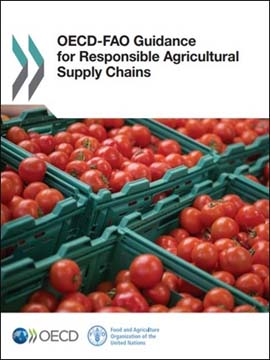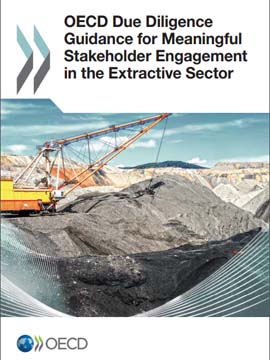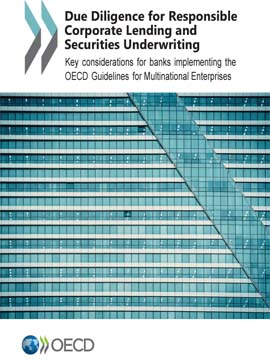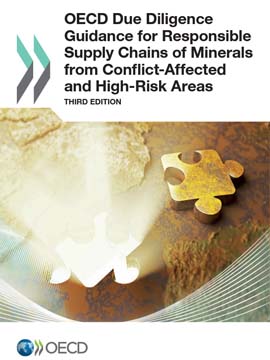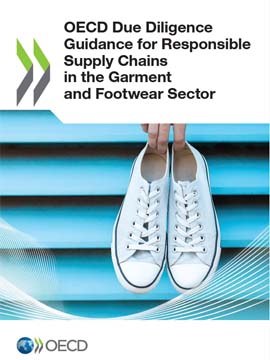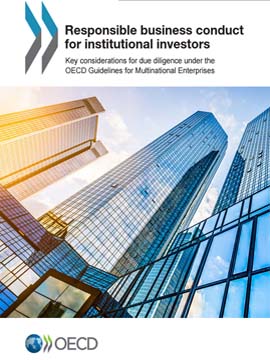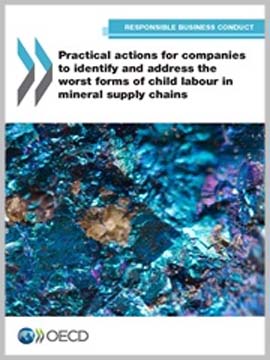DUE DILIGENCE GUIDELINES
Home > Due Diligence Guides
Due Diligence is a process that helps companies identify, mitigate, and prevent real or potential negative impacts on people, the environment, and society; and that could be associated with their activities, their supply chain and other business relationships.
Similarly, due diligence can help companies create more value, among other things, by: i) identifying opportunities to reduce costs; ii) better knowledge of markets and strategic sources of supply; iii) strengthening the management of business and operational risks specific to the company; iv) decreasing the probability of incidents related to matters included in the OECD Guidelines for Multinational Companies; and iv) less exposure to systemic risks.
FIGURE 1. DUE DILIGENCE PROCESS AND SUPPORT MEASURES
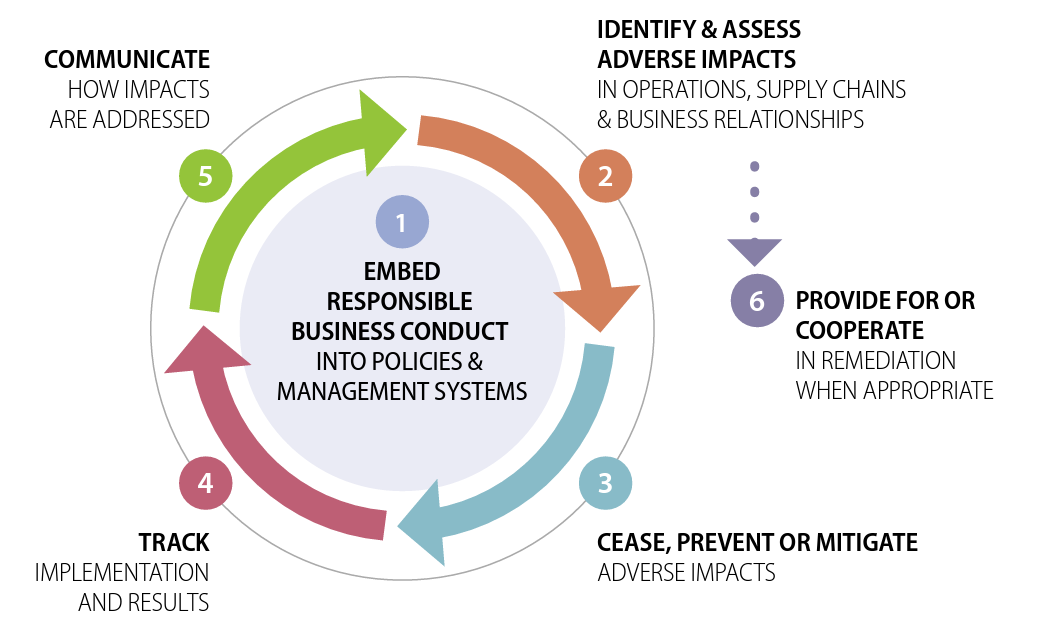
The OECD Due Diligence Guidance for Responsible Business Conduct seeks to provide practical support to companies in implementing the OECD Guidelines for Multinational Enterprises through its plain language due diligence recommendations and provisions associated.
LEARN ABOUT THE OECD DUE DILIGENCE GUIDANCE FOR RESPONSIBLE BUSINESS CONDUCT
Likewise, the OECD has developed Sector Guides that establish a framework of common understanding between governments, companies, civil society and workers, on due diligence for responsible business conduct associated with the particularities of their sector. The sectors covered in these sectoral guides are agriculture, mining, finance, textiles and footwear, and mineral supply.
OECD-FAO Guidance for Responsible Agricultural Supply Chains
OECD Due Diligence Guidance for Meaningful Stakeholder Engagement in the Extractive Sector
Due Diligence for Responsible Corporate Lending and Securities Underwriting
OECD Due Diligence Guidance for Responsible Supply Chains of Minerals from Conflict-Affected and High-Risk Areas
OECD Due Diligence Guidance for Responsible Supply Chains in the Garment and Footwear Sector
Responsible Business Conduct for Institutional Investors
Practical actions for companies to identify and address the worst forms of child labour in mineral supply chainsrisk
Las Directrices (3) OCDE, en sus diferentes capítulos, abarcan temas basados en los estándares de conducta empresarial responsable en pro de potenciar la contribución de las empresas multinacionales al desarrollo sostenible del país y desarrollar sus actividades en armonía con las políticas públicas.

